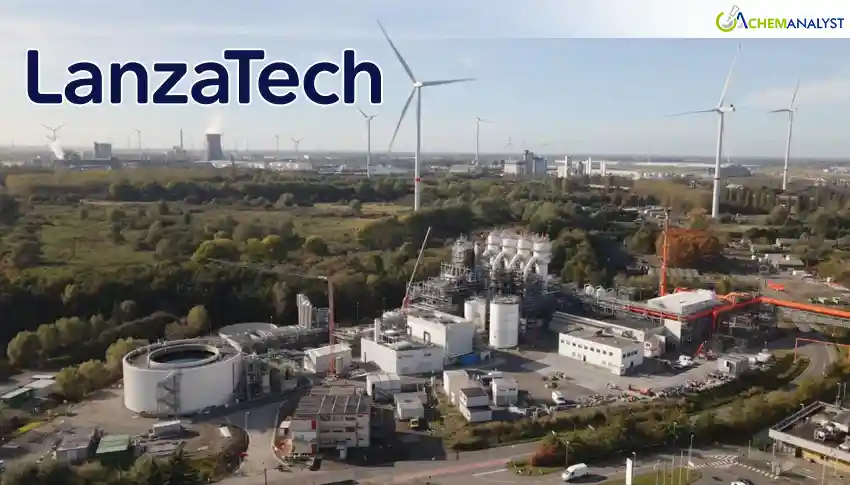Welcome To ChemAnalyst

LanzaTech, Mibelle, and Fraunhofer develop palm oil substitute, enabling sustainable cosmetics and new SAF pathway, reducing deforestation, emissions, and reliance on conventional oils.
LanzaTech Global, Inc., a recognized leader in carbon management solutions, has announced a major technological milestone that could reshape both sustainable aviation fuel (SAF) production and industries heavily reliant on palm oil. The company, already well-known for commercializing its Alcohol-to-Jet (ATJ) process to convert ethanol into SAF, has now expanded its technological reach by enabling production through the Hydroprocessed Esters and Fatty Acids (HEFA) pathway. This achievement not only boosts aviation decarbonization efforts but also introduces a sustainable substitute for palm oil—an ingredient linked to deforestation and environmental degradation.
This innovation was developed in partnership with the Fraunhofer Institute for Interfacial Engineering and Biotechnology IGB and the Mibelle Group. Together, the organizations have created a palm oil alternative that preserves critical functional properties, particularly those demanded by the cosmetics industry. Beyond its industrial application, the development offers a novel pathway for producing SAF without relying on traditional oil crops or waste oils, which face limitations in scalability and sustainability.
Peter Müller, CEO of the Mibelle Group, emphasized the significance of this milestone, describing it as a new benchmark for the cosmetics sector. He highlighted the collaboration’s potential to enhance supply chain resilience while contributing to environmental responsibility. Jennifer Holmgren, CEO of LanzaTech, echoed this sentiment, underscoring how the partnership exemplifies the power of innovative alliances to generate wide-ranging impacts—from reducing reliance on deforestation-linked ingredients to unlocking sustainable aviation fuel opportunities.
Tackling Palm Oil’s Environmental Burden
Palm oil remains a key global raw material thanks to its durability, heat resistance, and high yield. However, its widespread use has fueled extensive deforestation, habitat destruction, and significant CO2 emissions. These concerns have created urgent demand for scalable alternatives that reduce environmental harm while maintaining industrial utility.
The joint breakthrough addresses this challenge through a unique dual fermentation process pioneered by LanzaTech and Fraunhofer IGB. The method converts waste CO2 gases into alcohol, which is subsequently processed by non-GMO oil yeasts into a fat structurally similar to palm oil. After successful laboratory-scale demonstrations at Fraunhofer IGB and positive application trials at Mibelle Group laboratories, the project has advanced to pilot-scale production at Fraunhofer’s Center for Chemical-Biotechnological Processes in Leuna. This scale-up marks a critical step toward full commercial deployment.
Expanding Pathways for Sustainable Aviation Fuel
LanzaTech’s ethanol is already well established as a feedstock for SAF via the ATJ route. When derived from CO2 and green hydrogen, it can also produce e-fuels. Now, this new capability extends the company’s reach into the HEFA pathway, a vital route for global SAF supply. By converting ethanol into synthetic oils that mimic conventional HEFA feedstocks, LanzaTech can broaden the available resources for SAF production, offering a sustainable and circular alternative.
This breakthrough strengthens LanzaTech’s leadership in the SAF market while providing airlines and fuel producers with a practical solution for meeting decarbonization goals. The innovation demonstrates how carbon recycling technologies can have cross-sectoral impacts, delivering value to both energy and consumer goods industries while driving progress toward a more sustainable future.
We use cookies to deliver the best possible experience on our website. To learn more, visit our Privacy Policy. By continuing to use this site or by closing this box, you consent to our use of cookies. More info.
